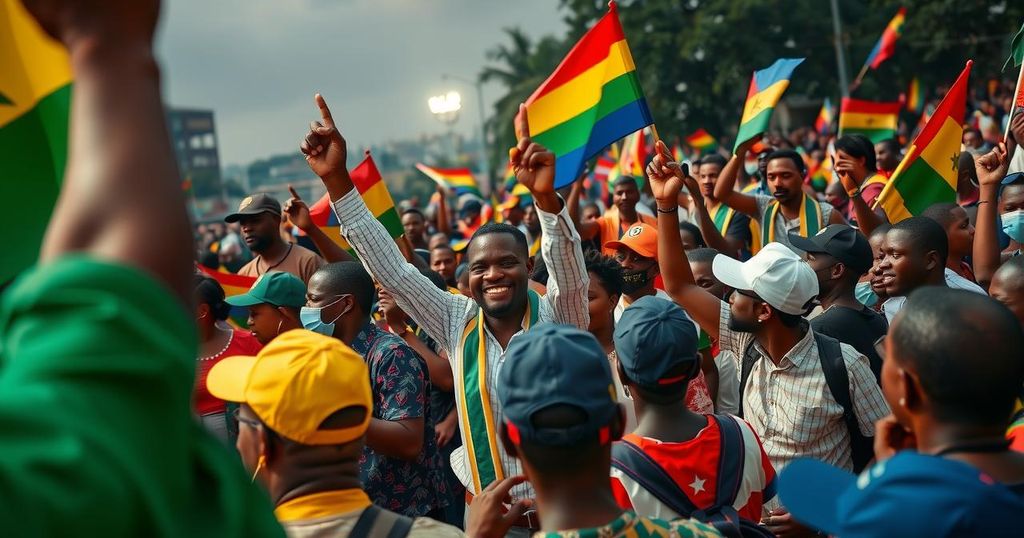As Ghana approaches its 2024 elections, the rising costs associated with campaign financing have sparked concerns about the influence of money on democracy. Significant budget proposals by the Electoral Commission, coupled with estimates suggesting that winning a presidential election may require upwards of $100 million, highlight an urgent need for reform in campaign financing laws. Transparency and accountability are essential as candidates increasingly rely on potentially illicit funding sources, raising alarms about corruption.
In preparation for the 2024 elections in Ghana, significant concerns regarding election financing and its implications for democracy have emerged. The Centre for Democratic Development (CDD) has raised alarms over potential illegal funding sources influencing political campaigns, warning that this could lead to heightened corruption. The cost of running elections in Ghana has also been a subject of scrutiny, as the Electoral Commission (EC) has proposed a budget of GH786.9 million (approximately $52 million) for the upcoming elections, necessitating significant expenditures for voter registration, election conduct, and electoral officer training.
Historical data indicates that in 2020, the electoral expenses exceeded GH760 million ($51 million) amidst a voter population of 17 million. As the cost of conducting elections in Ghana continues to rise, experts estimate that winning a presidential election could require a minimum investment of GH1.5 billion ($100 million). Candidates are reportedly facing increasing financial pressures to secure their electoral success, often stemming from illicit funding sources. The legal framework governing campaign financing in Ghana is deemed inadequate, creating loopholes that allow for potential foreign contributions and undisclosed funding.
Political parties have hefty filing fees and various campaign expenses that can amount to millions, complicating the electoral process further. Additionally, candidates are faced with spiraling costs for marketing, constituency projects, campaign logistics, and compensating polling agents. As Ghana approaches its electoral period, calls for reform regarding campaign financing regulations have intensified, emphasizing the urgent need for transparency and accountability to uphold the integrity of the electoral process.
The discourse surrounding election financing in Ghana highlights critical issues facing African democracies today, particularly the influence of money on political competition. Established research groups, such as the CDD, indicate that the rising costs of elections not only impact candidates but also expose democratic processes to corruption. Notably, the financial demands associated with campaigning are high, with many candidates seeking funds from dubious sources. The legal framework intended to regulate political financing has proven inadequate, contributing to the cycle of corruption and financial impropriety within Ghana’s electoral system.
In conclusion, the 2024 elections in Ghana are poised to be shaped significantly by the increasing financial demands on candidates and the questionable sources of campaign funding. The budget proposed by the EC underscores the high costs associated with running elections, leading to deeper concerns about transparency and corruption in political financing. As stakeholders call for reforms, the necessity for stricter regulations and clearer guidelines on financing within the electoral system has become evident to preserve the integrity of Ghanaian democracy.
Original Source: www.bbc.com






